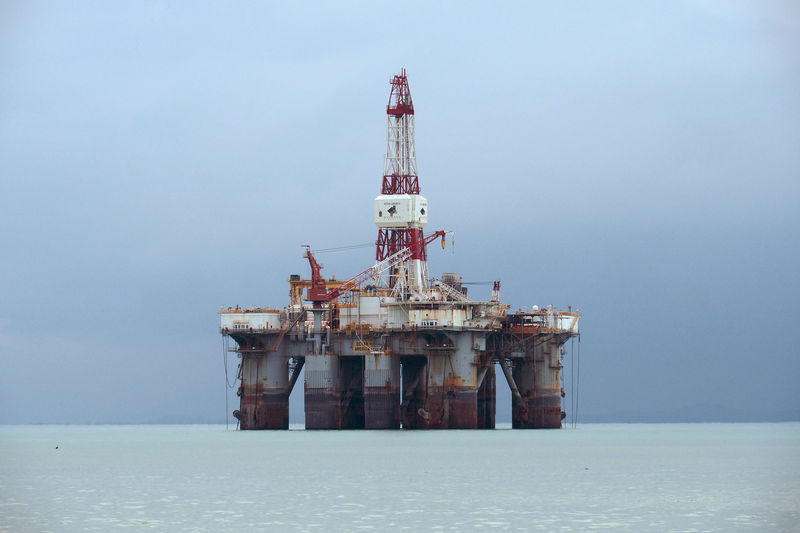(Reuters) – The European Union reached a deal on Wednesday on a law to place methane emissions limits on Europe’s oil and gas imports from 2030, pressuring international suppliers to clamp down on leaks of the potent greenhouse gas.
Methane is the second-biggest cause of climate change after carbon dioxide, and in the short term has a far higher warming effect. Rapid cuts in methane emissions this decade are crucial if the world is to avoid severe climate change.
After all-night talks, negotiators from EU member states and the European Parliament agreed to impose “maximum methane intensity values” by 2030 on producers abroad sending fossil fuels into Europe, the council of the EU, which represents member states, said in a statement.
The import rules are likely to hit major gas suppliers which include the United States, Algeria and Russia. Moscow slashed deliveries to Europe last year and has since been replaced as Europe’s biggest pipeline gas supplier by Norway – whose supply has among the world’s lowest methane intensity.
“Finally, the EU tackles the second most important greenhouse gas with ambitious measures,” said Jutta Paulus, the EU Parliament’s co-lead negotiator, adding that the law “will have repercussions worldwide”.
Methane leaches into the atmosphere from leaky pipelines and infrastructure at oil and gas fields.
The law will now be put to the European Parliament and EU countries for final approval. That step is usually a formality that waves through pre-agreed deals.
The regulation also introduces new requirements for the oil, gas and coal sectors to measure, report and verify methane emissions.
The deal obliges oil and gas producers in Europe to regularly check for and fix leaks of the potent greenhouse gas in their operations.
It also bans most cases of flaring and venting, when companies intentionally burn off or release unwanted methane into the atmosphere, from 2025 or 2027 depending on the type of infrastructure.
Read the full article here





